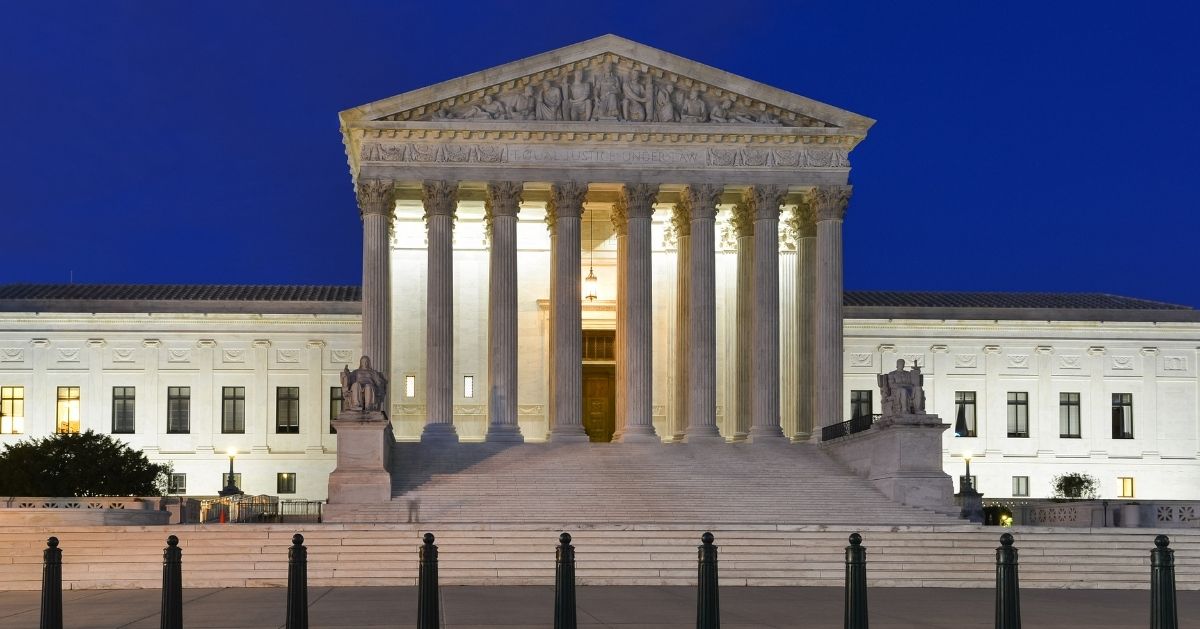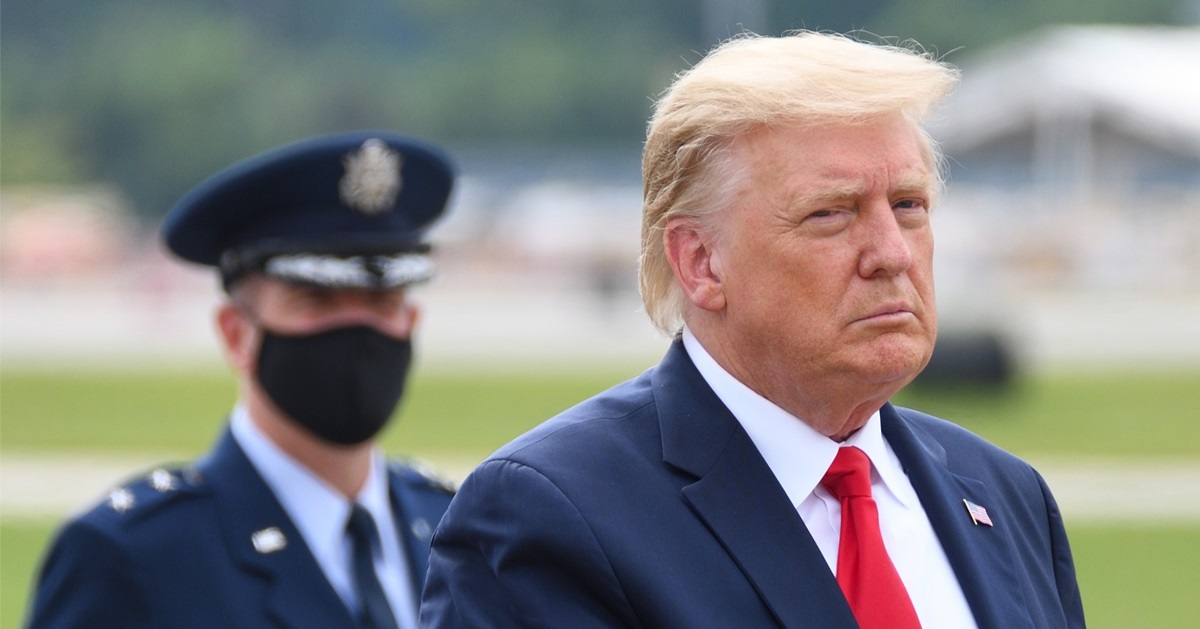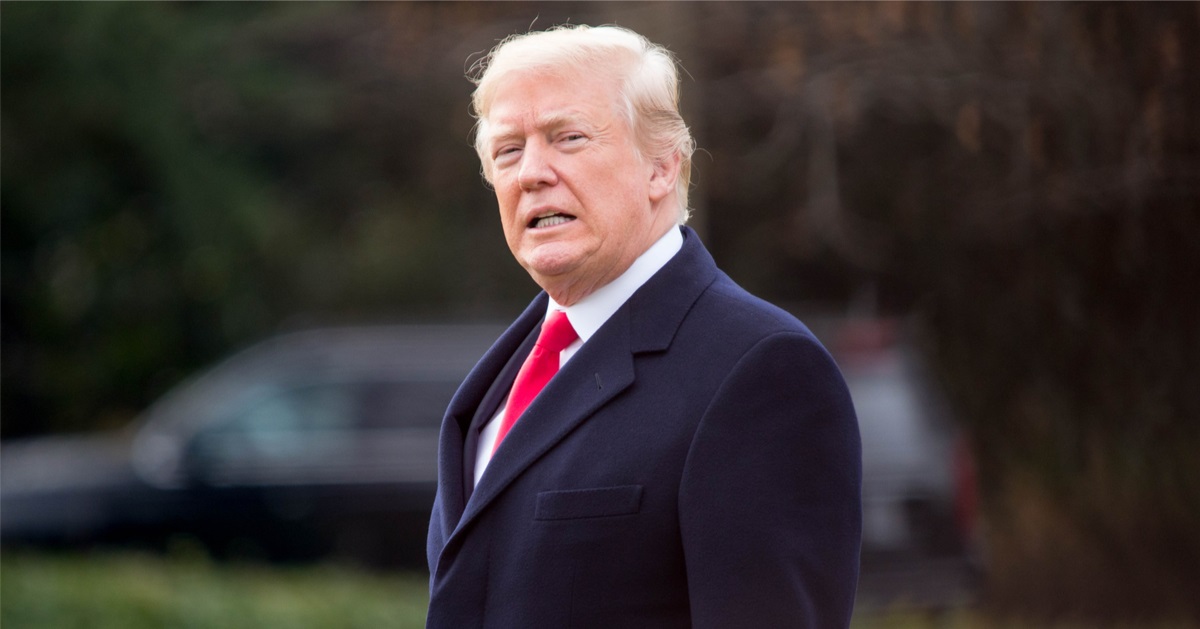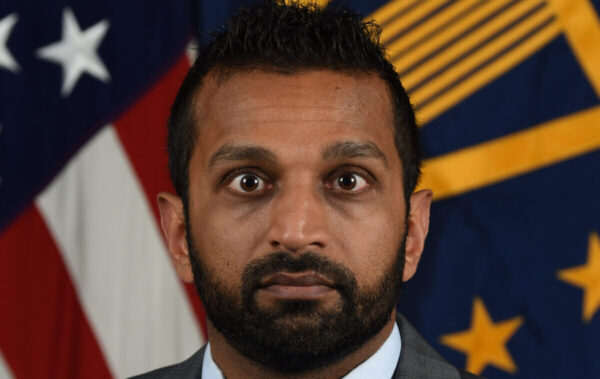The D.C. Police Union, representing over 3,000 officers, expressed support for President Trump's move, aligning with his views on the urgent need for enhanced security measures.
Contrasting Views from Local Government Officials
Mayor Muriel Bowser and the Democrat-controlled city council have been vocal in their opposition, labeling the takeover unsettling and unprecedented.
The council further criticized this action by highlighting the current low crime rates in D.C., stating that such federal intervention is unwarranted given the district's lowest violent crime rates in 30 years.
Despite opposition, Bowser confirmed that under the District of Columbia Home Rule Act, the president's action is permissible, vowing to coordinate efforts to ensure public safety during this transitional period.
Detailed Federal Control Measures Over D.C. Police
The enforcement shift now places the MPD under the direct oversight of the Department of Justice, with DEA Administrator Terry Cole appointed to lead the force.
This change was announced on what President Trump described as "Liberation Day in D.C.," setting a tone of rescue and rehabilitation from the city's urban problems.
Alongside the police takeover, the federal government's decision to dispatch National Guard troops has escalated concerns about militarizing local policing efforts, raising questions about the troops' role and utility in a civilian policing context.
Union Endorses Federal Control as a Temporary Measure
The D.C. Police Union emphasized that federal oversight should be seen as a temporary expedient, not a permanent solution, aiming to support the MPD until it can operate effectively on its own.
The union's statement stressed the dire need for immediate actions to counter the crime spike, supporting swift measures to restore order and public confidence.
However, they also suggested that once crime is under control, the goal should be to hand back full control to a sufficiently staffed and supported local police force.
Assessing the Impact of Federal Intervention
As the federal intervention unfolds, its impact on local governance and community relations remains closely monitored by both supporters and critics.
The White House cites alarming crime statistics as a justification for the drastic measures, presenting them as necessary to restore law and order in the capital.
Ultimately, the effectiveness of this intervention will be measured by its ability to significantly reduce crime rates without eroding the local authority and community trust that are essential for long-term public safety.





